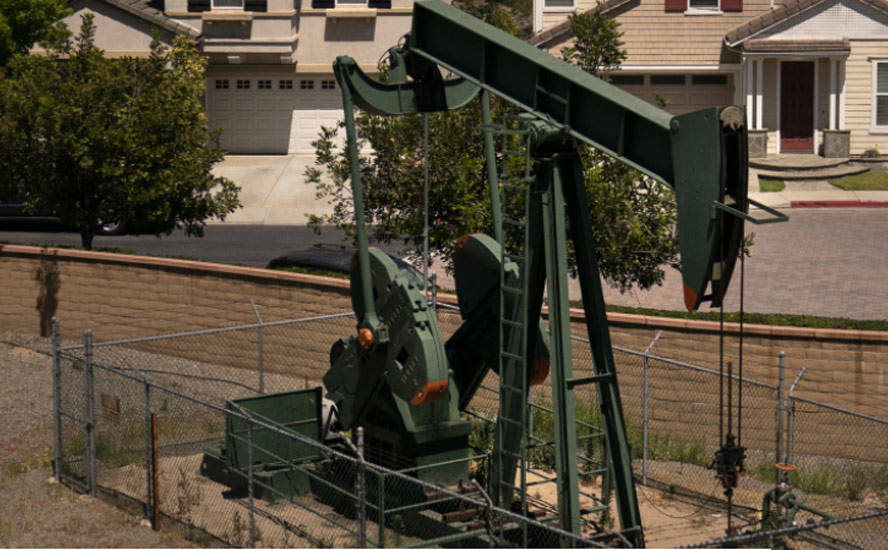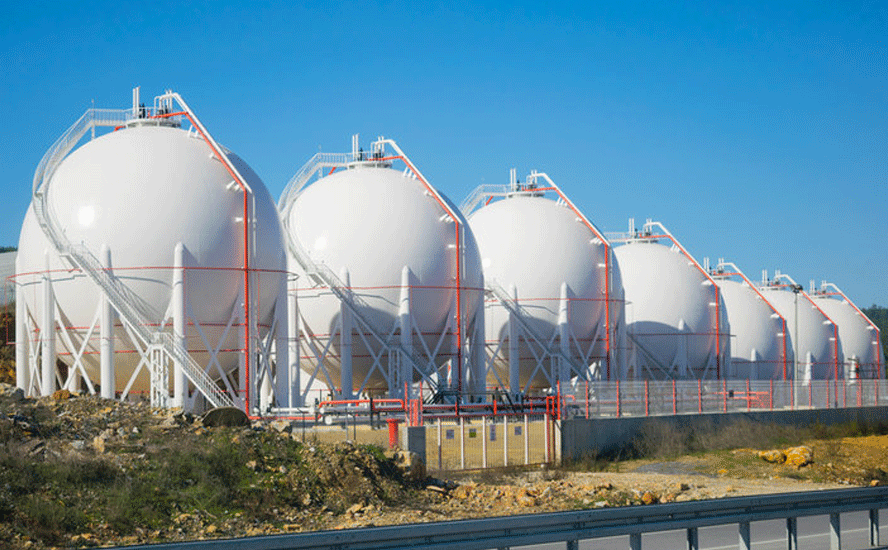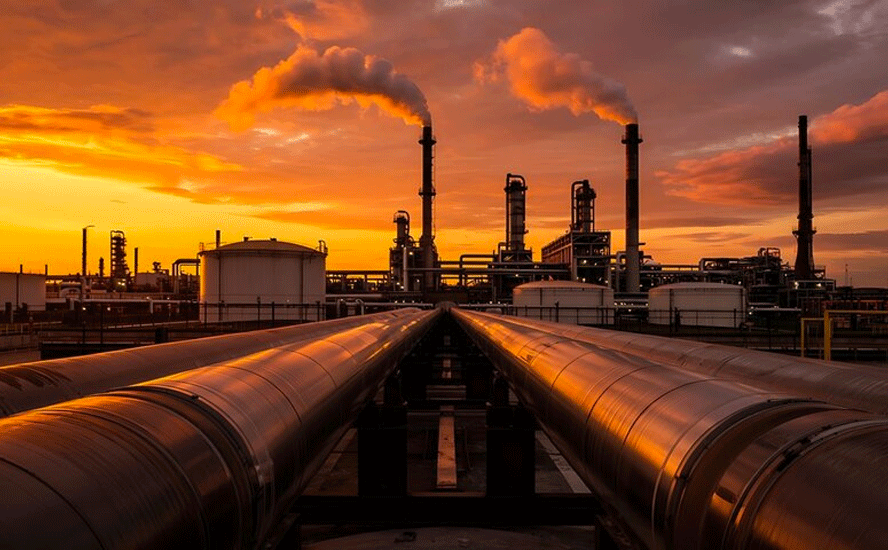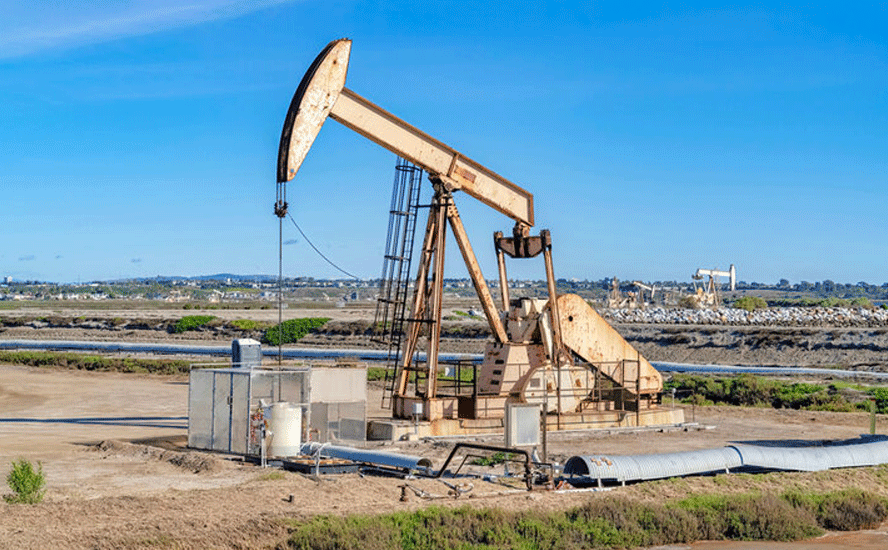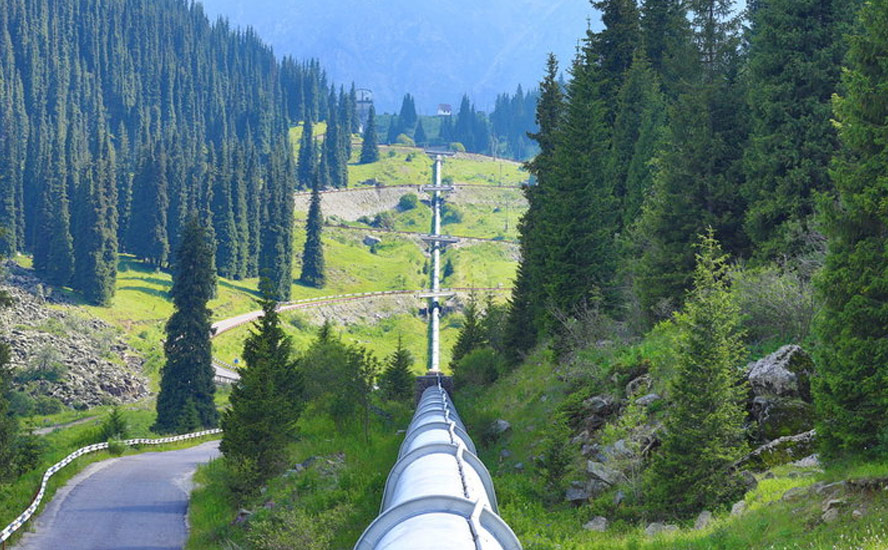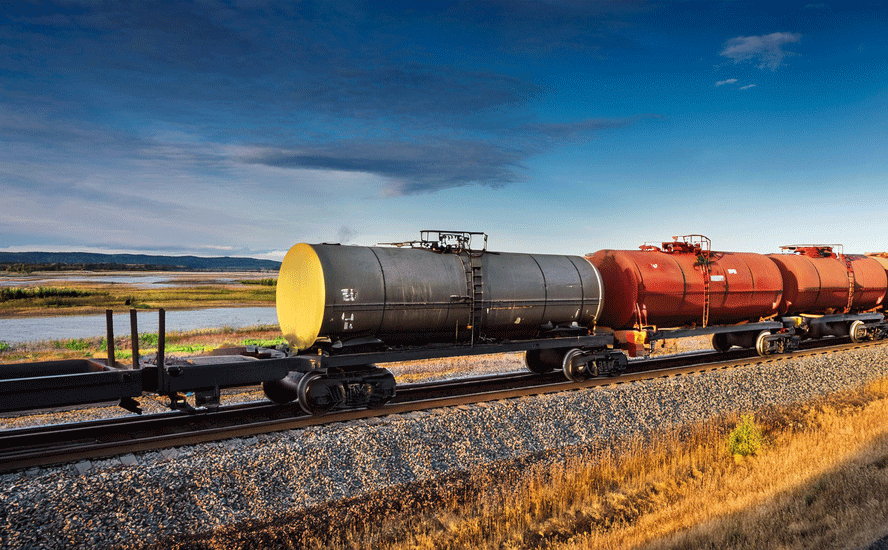Hydrogen Wildcatters Still Need to Find Their First Gusher
By David Fickling – Bloomberg
From Spindletop — the Texan oilfield whose 1901 blowout kickstarted the oil era and sparked nearby Houston’s transformation into one of America’s biggest cities — to the disaster 109 years later when a gusher on the seafloor of the Gulf of Mexico destroyed the Deepwater Horizon rig, such geysers have been synonymous with both the wealth and the damage that hydrocarbons can bestow. Those who hope to remake the energy industry for a zero-emissions world are still looking for their equivalent.
Right now, the absence of a gas gusher is the main factor holding back geological hydrogen, a promising fuel that few had given any thought to 12 months ago. For decades, chemists and engineers have argued the simplest molecule, with the formula H2, might supplant the role of oil and gas in providing the heat, energy, and chemical feedstocks on which modern society depends. Only recently have geologists realized the earth’s crust might hold vast quantities of the stuff.
Legal Notice / Disclaimer
Ahead of the Herd newsletter, aheadoftheherd.com, hereafter known as AOTH.Please read the entire Disclaimer carefully before you use this website or read the newsletter. If you do not agree to all the AOTH/Richard Mills Disclaimer, do not access/read this website/newsletter/article, or any of its pages. By reading/using this AOTH/Richard Mills website/newsletter/article, and whether you actually read this Disclaimer, you are deemed to have accepted it.

